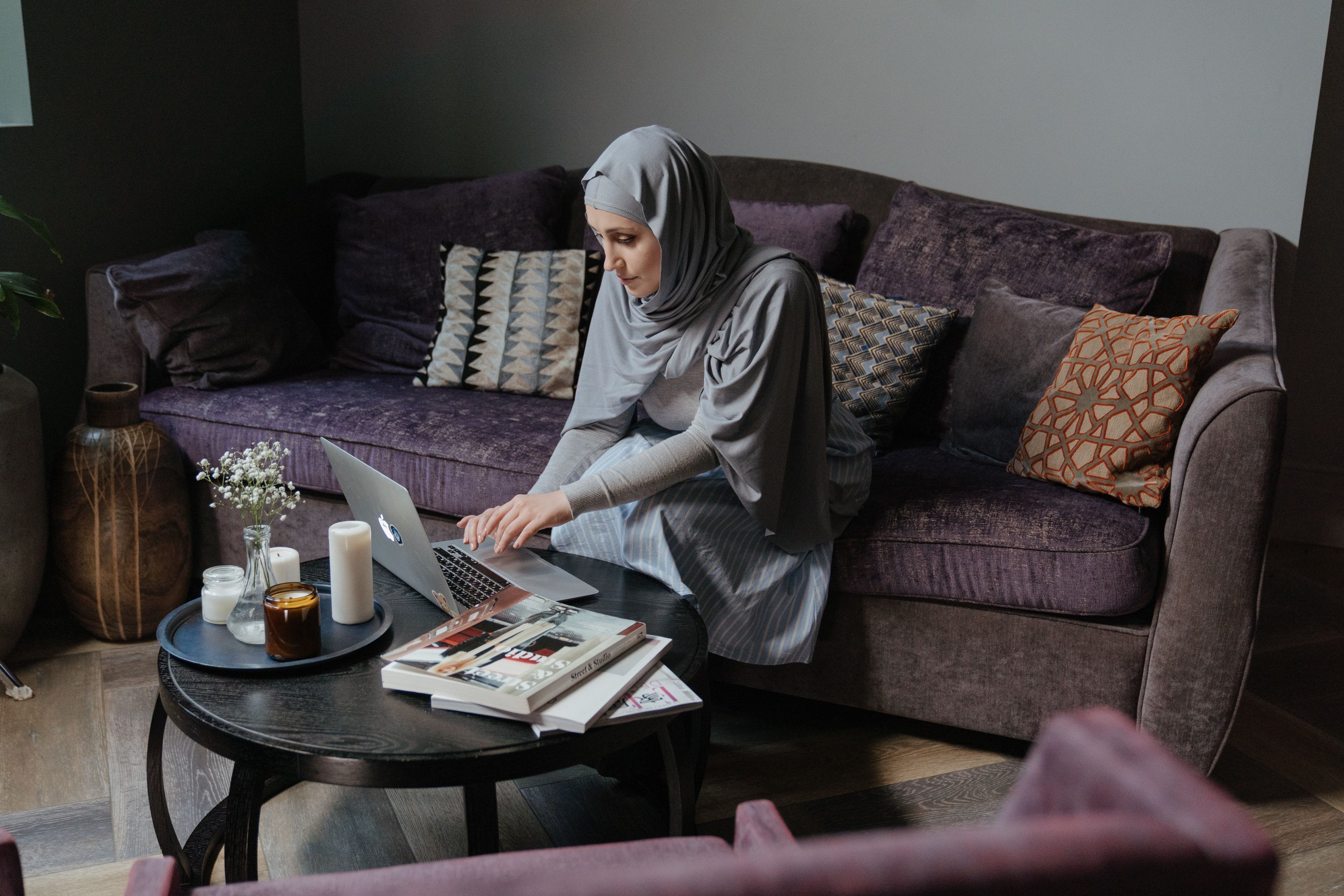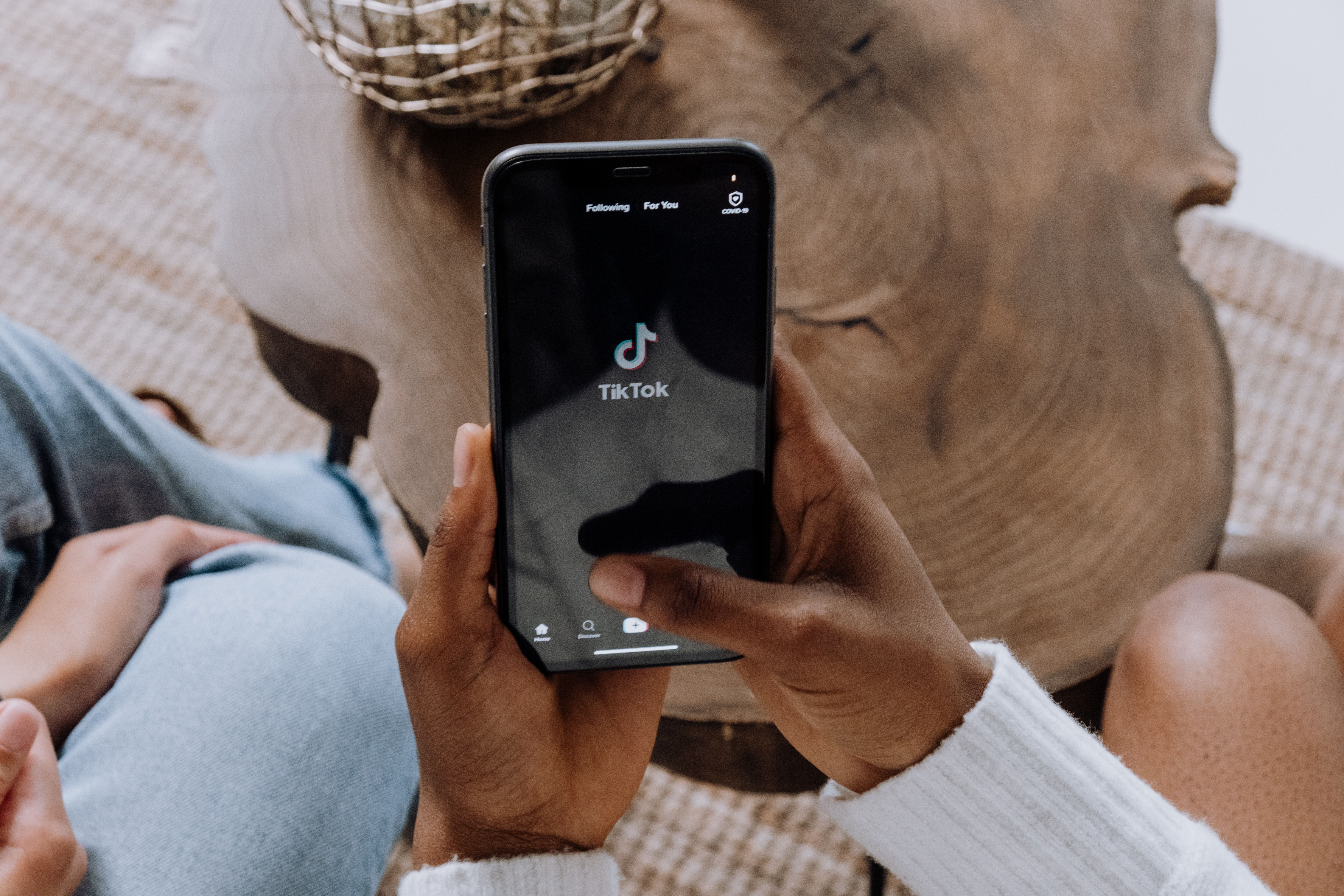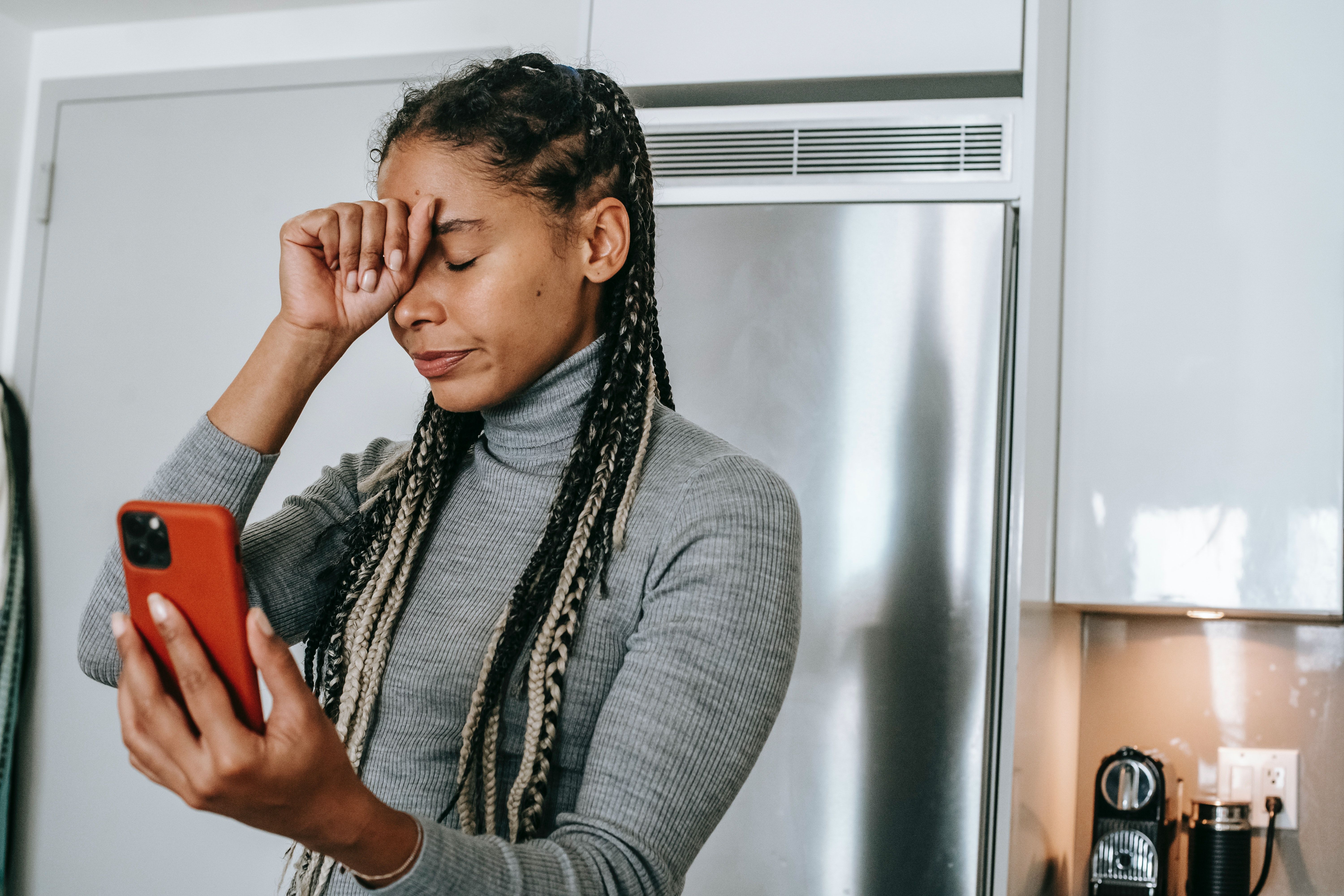Many schools made the switch from the traditional classroom to online platforms, and there are still a lot of questions people have about the new setup. Now that classes physically switch from a school building to students’ homes, online classes become a walking invasion of personal privacy.
Monitoring students sitting at their desks is one thing, but when you use literal webcams, the opportunity for sneaky practices, like recording, skyrockets. The thought of a teacher recording you sitting at your laptop is disturbing, but is it illegal? Let's take a look and find out.
What Is Remote Learning?

An online classroom often looks like a giant video chat room. Sometimes, students merely remain online for lectures and are free to read or watch any learning materials offscreen.
In stricter settings, teachers or professors monitor work and require students to share their video and/or audio feeds. These are on display for the entire class, which some people may find pretty uncomfortable.
Constant surveillance makes online classroom setups pretty invasive as there may always be a spotlight on you. What is more unnerving is the thought of someone documents these interactions.
Can Teachers Record Online Classes?
Recording online classes might feel illegal, but many teachers have the rights to record their online classes. There are many kinds of totally legal tracking apps.
Many schools have policies allowing them to take videos or photographs of their students upon approval from an adult student or legal guardian. In the past, this meant they could occasionally do a photoshoot in classrooms for brochures or tape a class for evaluation.
Technically, these same policies may allow staff at your school to record classroom sessions for any reason. There are a few major differences between your principal whipping out a camera and taking pictures for advertisements and an administrator recording video chats without letting you know.
To learn about the rules your school has, you need to take a look at your handbook. School handbooks should detail the privacy rules your institution adheres to. If you feel the rules are vague or not mentioned, consider bringing it up with the administration.
Many schools recognize that this shift to a digital practice warrants revisiting some older policies. Before getting paranoid, remember that teachers being allowed to do something doesn't necessarily mean that they do it.
Many people approach the ethical dilemma of personal privacy with some morals. In most cases, there are no real reasons why a teacher would want to record their students, so why would they? If you have concerns about it, consider talking to your teacher directly.
Of course, as they don’t necessarily need to disclose this information, going to administration with your inquiries or familiarizing yourself with school policy is the best approach to take.
Can Anyone Record Online Classes?
.jpg)
Depending on the terms of your school policies, yes, anyone can record online classes. Fellow students or other school staff may reserve the right to record any classes as they see fit.
Some students do it to help them look back on lectures or remember assignments. Again, whipping out a voice recorder or video camera is much more obvious than using software to stealthily record sessions.
Of course, these policies intend to help students learn. However, it’s not always the case that people use these for educational purposes.
Online classrooms could offer a scary opportunity for people looking to record things for fun without getting any permission. These practices may lead to harassment or bullying.
Are TikTok Videos in Classes Illegal?

TikTok videos recorded in school are nothing new, and many people took to the popular social media app to document their online classroom experiences. Performing challenges for the clout or uploading pictures of peers doing something embarrassing is not uncommon.
In some cases, TikToks are illegal (or, at the very least, against school policy). Even if you don’t have a legal obligation, you have a moral obligation to get people’s permission before uploading anything involving them.
What Can I Do If Someone Uploads Content of Me Without My Permission?
The first thing you should do if someone uploads content of you without asking is to confront them. If there was clear malicious intent, you should contact your school and report the behavior.
If the upload is very cruel or causes you any significant harassment or stress, it might warrant contacting local authorities. These kinds of things may break the law, and if it comes to it, pursuing legal actions for justice may be an option.
How to Promote Internet Privacy Security at School

Everyone needs to be on the same page when it comes to creating new policies. Like with any other industry making the transition to online platforms, administrators must address the new concerns that arise with these new tools.
Below are some ways you can promote internet privacy at school.
1. Encourage a Discussion About Privacy
If your administration overlooked these problems, there are some things students or guardians may do to start a conversation.
Contact administrators or teachers directly to learn what policies currently are. Request that institutions instate clear guidelines in updated handbooks to solidify regulations.
2. Mandate Security Training
Students, teachers, administrators, and guardians may benefit from internet security training. Simple workshops or online resources may offer invaluable material that could redefine remote learning experiences for the better.
3. Propose More Secure Experiences
Requesting secure options for those uncomfortable with adhering to current guidelines (such as activated video and audio feeds).
Administrators might allow students to keep their cameras off if they had good proposals for alternatives. For example, students could demonstrate their attention in class by participating in periodical surveys during the classroom or moving a mouse—rather than having the camera on them the entire time.
Explain that these are a matter of security rather than an excuse to ditch a lesson. You may also want to encourage your institution to use more secure platforms. For example, Zoom has faced criticism due to security concerns and more.
Should I Be Afraid of My Privacy in Online Classes?
Many people attend online classes without any privacy violations, and most people attend remote classes without any problems at all. Still, it’s beneficial to have a good understanding of any privacy policies your school has.
As we make a transition to bring classrooms into the digital age, outdated policies need addressing. Even if the risk for exploitation is low, the potential for privacy invasions is there and easy to take advantage of without proper guidance.